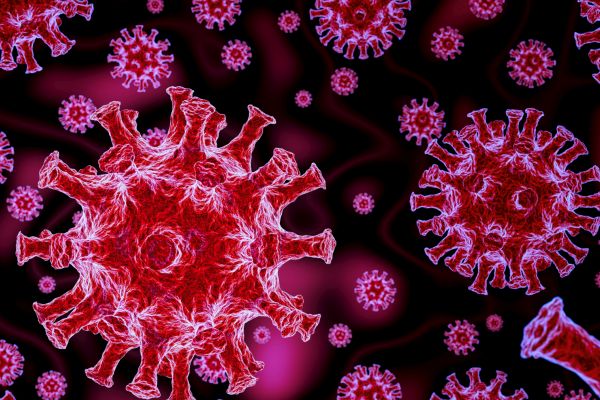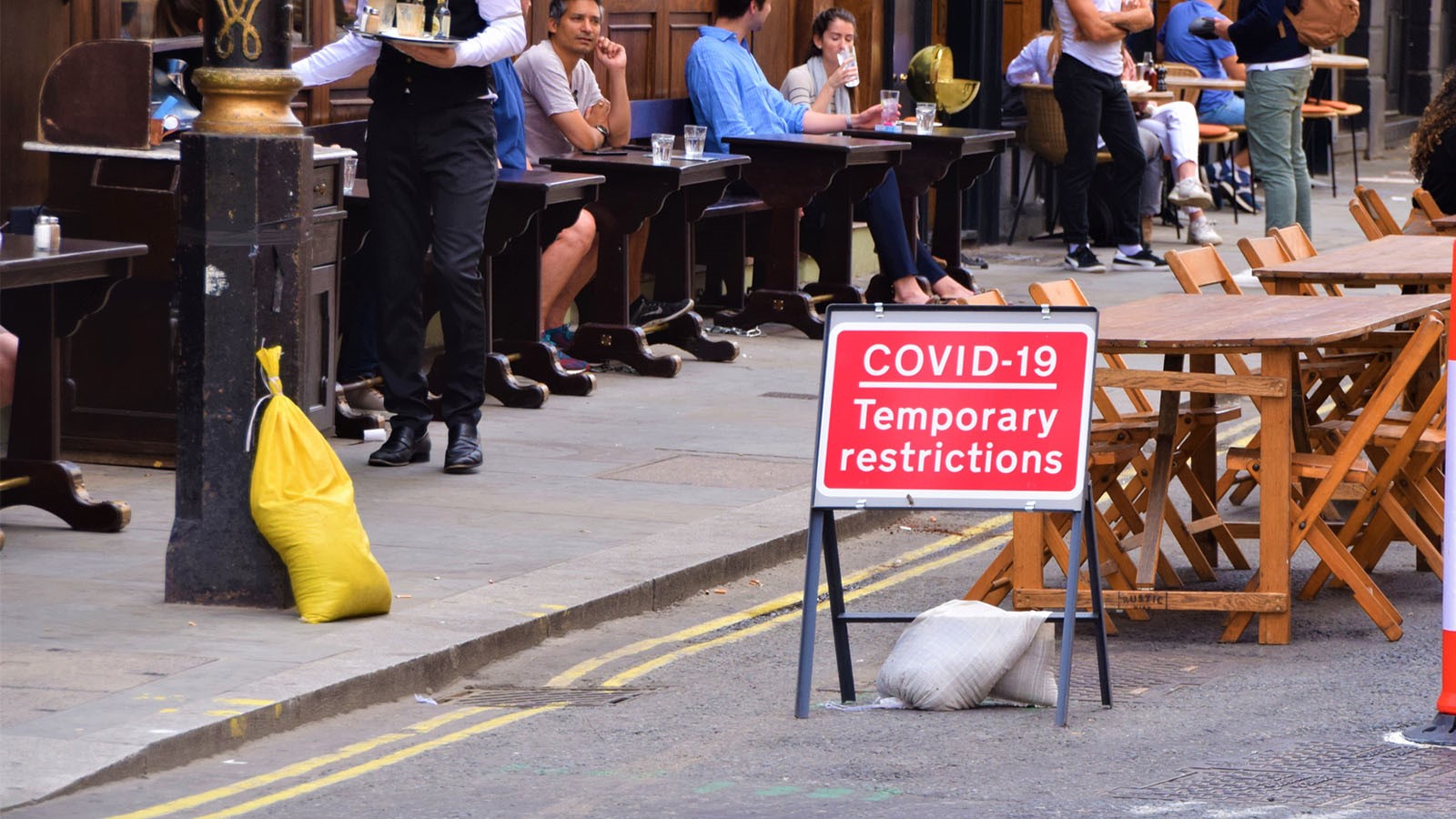Scotland's new five tier coronavirus lockdown system came into force on 2 November and was strengthened from 20 November to place 11 areas into level 4, the highest level of lockdown for a period of three weeks.
The framework will comprise five protection levels.
Level 0 is effectively the same level of protection as the Route Map Phase 3 measures Scotland reached in August. It will act as a baseline with four levels above designed to apply increasing protection from the virus in areas according to prevalence, the risk to communities and the need to protect the NHS.
Levels 1, 2 and 3 will be broadly equivalent to the UK Government levels to offer some uniformity with measures south of the border. These provide a graduated series of protective measures to tackle the virus, focusing on key areas of risk – broadly, indoor settings where household mixing takes place with less, or less well-observed, physical distancing and mitigations. From 20 November, East Lothian and Midlothian will move from level three to level two following reductions in infection rates.
Level 4 is the highest level of lockdown. From 20 November until 11 December, 11 local areas have been placed under these increased restrictions in a bid to rapidly reduce infection rates in advance of Christmas, with 2.3 million people affected. These include:
- East Ayrshire
- East Dunbartonshire
- East Renfrewshire
- Glasgow City
- North Lanarkshire
- Renfrewshire
- South Ayrshire
- South Lanarkshire
- Stirling
- West Dunbartonshire
- West Lothian
A postcode checker has been launched to help people check which tier their area is in. More details on the tiers is also available in the Strategic Framework.
Financial support
The framework sets out ongoing financial support available to businesses which are required to close, or which can remain open but will be directly affected by restrictions.
The new financial support will provide:
- a grant of £2,000 or £3,000 (depending on rateable value) for businesses required to close by law, payable every four weeks while the protective measures are in place
- a hardship grant of £1,400 or £2100 (depending on rateable value) for businesses that remain open but are specifically required to modify their operations by protective measures, payable every four weeks while the measures are in place
The Scottish Government expects this bespoke support to be supplemented by UK Government support, including the revised Job Retention Scheme launched on 1 November, and will ensure this recognises specific circumstances across Scotland.
The new grants will be provided regardless of level to eligible businesses and paid in fortnightly instalments (subject to discussions with local authorities). The Scottish Government will work with local authorities to ensure grants are made available quickly and efficiently.
What does the framework say about counselling?
Since the beginning of the pandemic we've worked to provide as much clarity as possible for our members, which has often been lacking in government guidance.
BACP Four Nations Lead Steve Mulligan said: “We’re delighted to see that the framework includes specific reference to counselling, in doing so underlining the Scottish Government's commitment to mitigating social harms and supporting people’s mental health and wellbeing through these challenging times.
"Even in level four areas the guidance stipulates that one to one therapy and counselling can operate face to face, where they are essential for people’s wellbeing and remote delivery is not possible. In this instance, appropriate infection mitigation controls, must be in place."
The framework outlines the following in relation to face to face counselling services:
- Level 0-2: counselling is permitted (including face to face and where appropriate infection mitigation controls are in place)
- Level 3: permitted, online where possible
- Level 4: permitted where essential, online where possible
Related links

Coronavirus (COVID-19)
Guidance and resources for members

Coronavirus: New restrictions come into force
Our workforce lead Kris Ambler provides an update on the latest COVID-19 restrictions, including the three tier alert system in England.

Workforce
In the context of a challenging employment market, driving growth in paid opportunities and bringing employers closer to our professions is a key priority for BACP.
